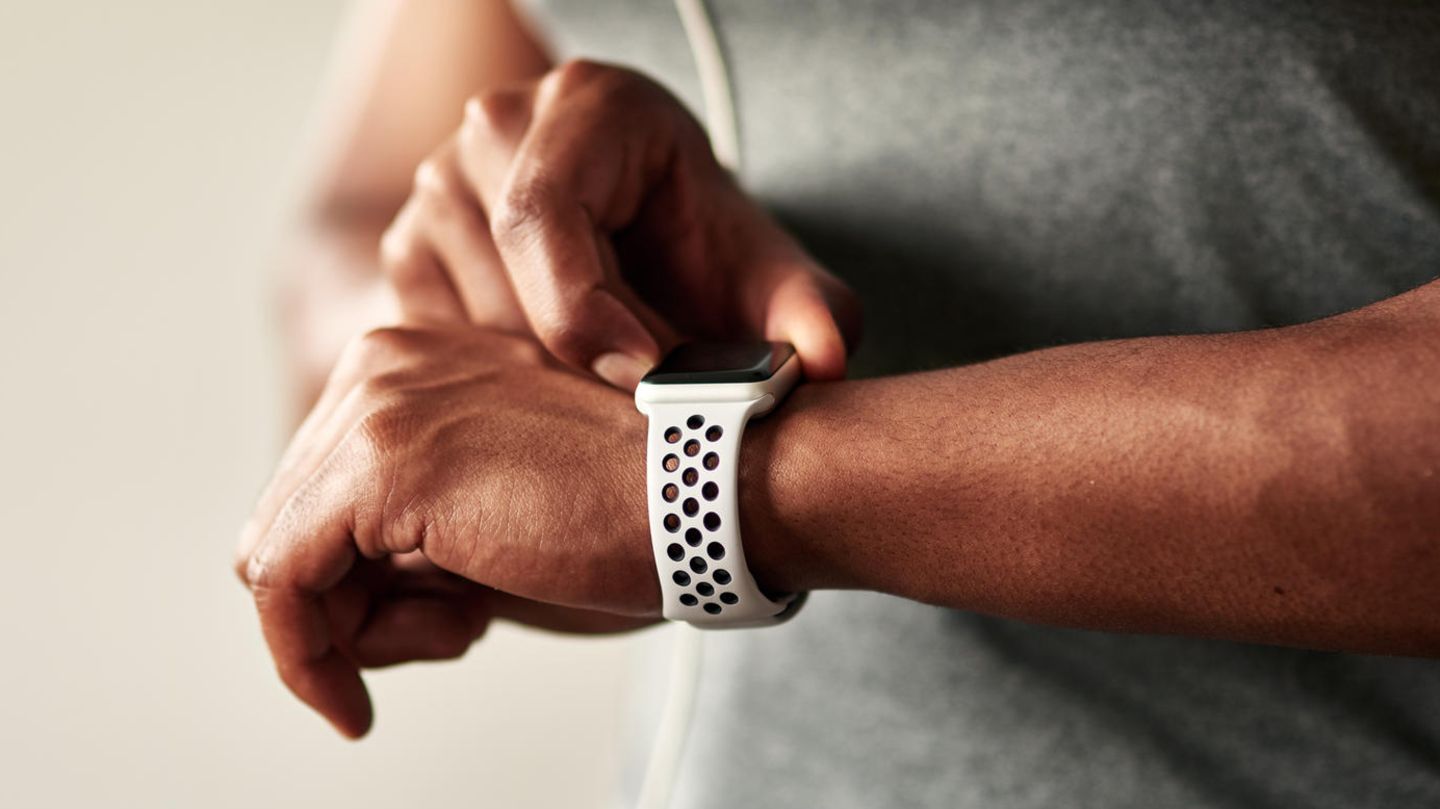You are tired or complain of breathing difficulties: Some people develop Long-Covid after an acute corona infection. A study with wearables now shows: If people had Covid-19, this can also be noticeable in the pulse weeks after surviving the infection.
Most people make a full recovery from Covid-19 disease. However, at least one in ten previously infected people develops – including headaches, fatigue or difficulty breathing. It is still unclear why some people experience long-term symptoms while others fully recover. Researchers are approaching the question in a wide variety of ways, as a study with so-called wearables, including Fitbits, from the USA shows.
The study gives an interesting insight into the recovery process of former Covid 19 patients based on health data collected using a tracker. It was shown that the pulse of formerly infected people was still increased for weeks or even months after the acute phase of the infection. The researchers used people who were infected with a respiratory pathogen but not with the coronavirus as a comparison group.
More than 37,100 people took part in the study, which started in March 2020 and ran through January 2021. The researchers’ focus was on a subgroup of 875 Fitbit users who had complained of fever, cough and body aches in the course of the study and were then tested for the coronavirus. The test was positive in 234 people. In the case of the remaining 641 patients, the researchers assumed that they had become infected with other pathogens.
The acute phase of the disease was therefore clearly shown in the health data collected. The participants in both groups initially slept more and moved less, and their resting heart rate also increased. However, the researchers observed that the resting heart rate was higher in the Covid group than in the comparison group. “We’re also seeing a much more dramatic change in step counts and sleep,” said Jennifer Radin of the New York Times as saying. The epidemiologist was involved in the study.
Fluctuating heart rate
And the researchers in the Covid group made another observation: about nine days after the test subjects first reported symptoms, the heart rate dropped. This was not the case in the comparison group. After the short-term dent, however, the heart rate of the participants in the Covid group rose again and sometimes remained elevated for weeks. On average, the resting heart rate normalized after 79 days. In the comparison group, this was the case after around four days.
A small group of those suffering from Covid was also noticeable. Her heart beat about five times more per minute than expected for one to two months after the infection. Her pulse did not normalize until an average of 133 days. About 14 percent of the people in the Covid group were affected. It was also noticeable that this group of people complained much more often of coughing, breathlessness and aching limbs during the acute phase of the infection.
The study cannot name possible reasons for the increased heart rate. The faster pulse does not necessarily have to indicate an underlying serious illness or permanent damage. Another limitation of the study is that the participants were no longer asked about possible symptoms. It is unclear whether people whose resting heart rate was elevated over a longer period of time, for example, also developed Long Covid symptoms more frequently.

The researchers suspect that inflammatory processes in connection with the Covid disease could possibly play a role. They could affect the body’s ability to regulate the heart rate. Basically, however, the resting heart rate is influenced by various factors: an unhealthy lifestyle, too much weight, psychological stress and also medication can drive it up.
The scientists from the “Scripps Research Institute” in San Diego now hope that the results will advance research into the possible causes of Long Covid.
/




